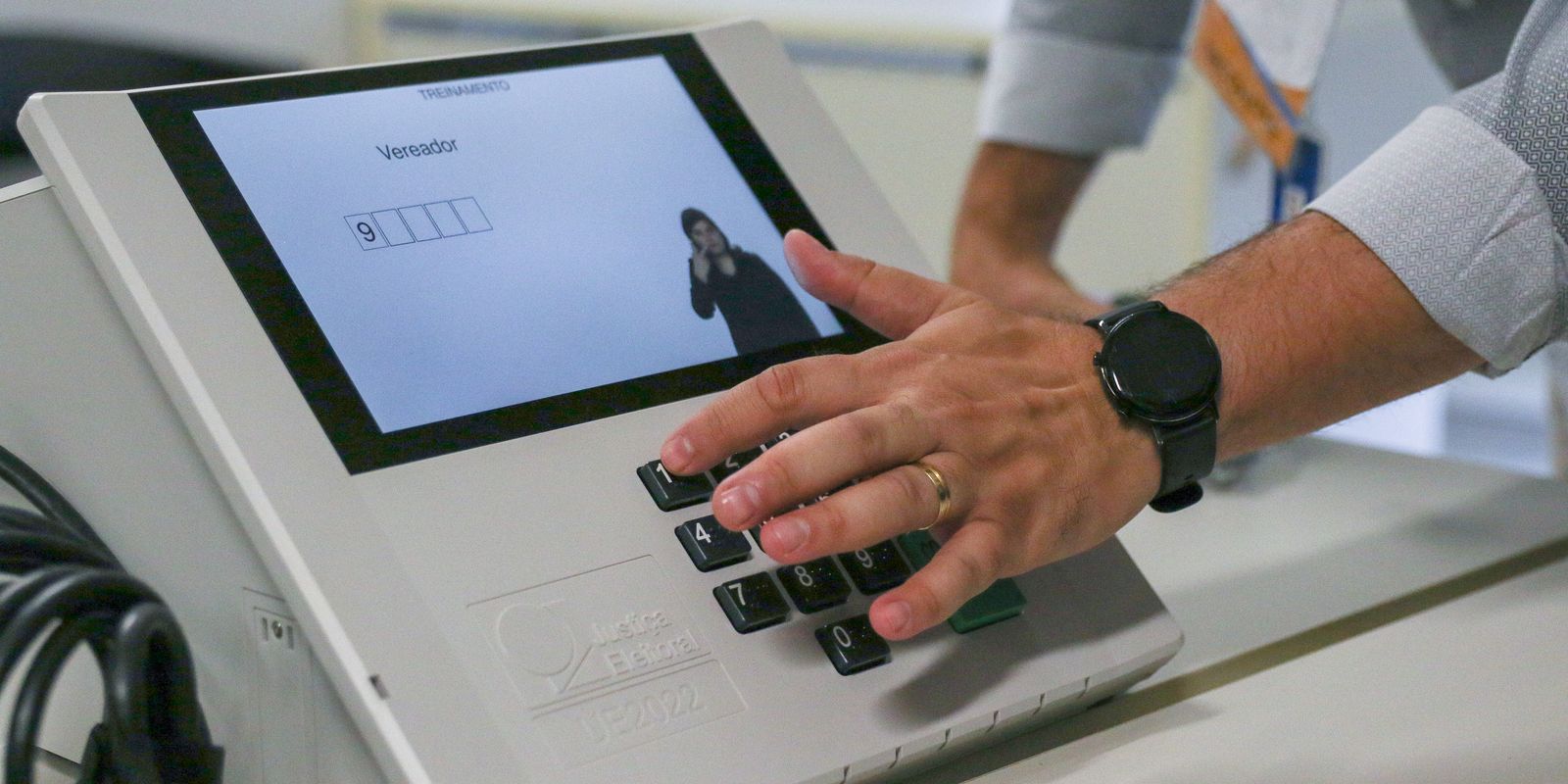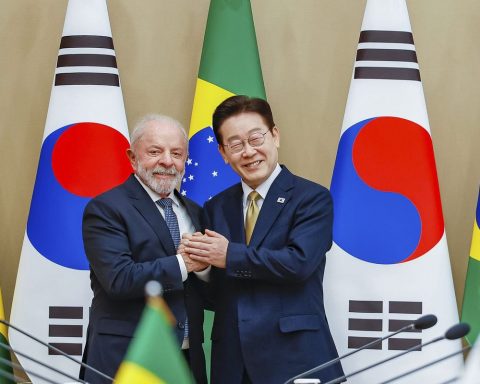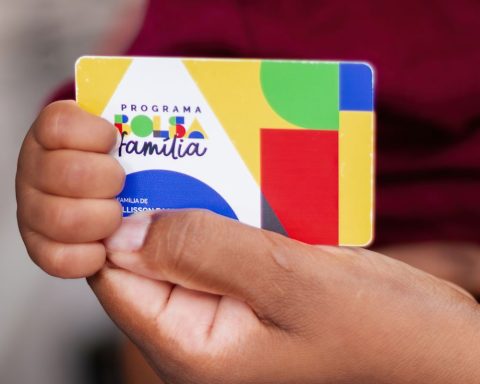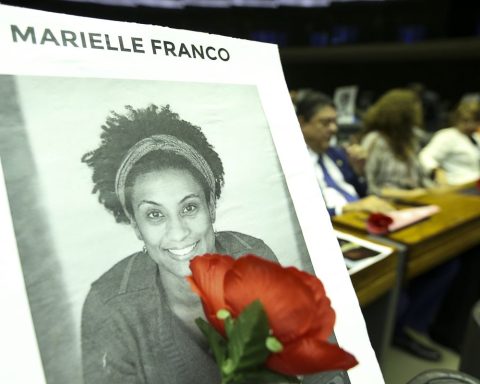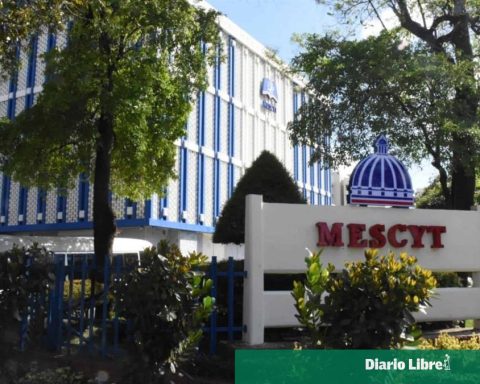Starting this Saturday (20), parties and federations are authorized to hold internal conventions to choose candidates for the positions of mayor, deputy mayor and councilors who will contest the municipal elections in October. The deadline is provided for in the Elections Law (Law 9,504/1997).
According to the rules, parties must choose the politicians who will run in the election by August 5, the final date set for holding conventions. Therefore, there are no independent candidates. To be a candidate, the politician must be legally affiliated with the party and be chosen by the party to run in the election.
The first round of elections will be held on October 6. The second round of the dispute may be held on October 27 in municipalities with more than 200 thousand voters, in which none of the candidates for mayor received more than half of the valid votes in the first round, excluding blank and void votes.
Convention
Conventions function as an internal election for parties. Electoral legislation gives parties autonomy to define the organizational structure of conventions, which can be held in person or in a hybrid format (in person and virtual).
The internal election is carried out by means of voting by members of the lists that are registered for the positions that will be contested. The number that the candidates will use in the electronic ballot box must also be defined in the internal election.
To participate in the elections, candidates must be in full exercise of their political rights, be a member of the party, be a Brazilian citizen, be literate and have been domiciled in the municipality in which they intend to run for office for at least six months. Candidates must also be at least 21 years old to run for mayor and 18 years old to run for city councilor.
Registration of applications
After choosing candidates, political parties have until August 15 to register their names with the Electoral Court of each municipality. Candidate registration is done through an electronic system called CANDex and will be analyzed by the judge of the electoral zone of the city in which the candidate intends to run.
If the judge finds that any document is missing, he or she may ask the party to resolve the issue within three days. It will be up to the judge to decide whether to grant or deny the candidacy. If registration is denied, the candidate may appeal to the Regional Electoral Court (TRE) in his or her state and to the Superior Electoral Court (TSE).
During the analysis period, candidates may be challenged by opponents, political parties and the Electoral Public Prosecutor’s Office (MPE). They may report any irregularities in compliance with the legal requirements for registration.
Parties must also register candidates for councilor positions in accordance with the gender quota, which requires a minimum of 30% female candidates.
Advertising
Electoral propaganda on the streets and on the internet begins on August 16, one day after the deadline for registering candidates.
From this date onwards, candidates will be able to hold motorcades, rallies and hand out leaflets between 8am and 10pm. Paid advertisements in the written press and on the internet will also be permitted.
Free electoral airtime on radio and television in the first round will begin on August 30 and run until October 3.
Electoral fund
To finance the candidacies that will be launched, the parties will receive R$4.9 billion from the Special Campaign Financing Fund (FEFC).
The party that will receive the largest share of the total fund will be the PL. The party will be able to divide R$886.8 million among its candidates for the positions of mayor, deputy mayor and city councilor. In second place is the PT, which will receive R$619.8 million.
Next come União (R$536.5 million); PSD (R$420.9 million); PP (R$417.2 million); MDB (R$404.6 million) and Republicanos (R$343.9 million).
The Electoral Fund is transferred to political parties in election years. The transfer was created by the National Congress in 2017 following the Supreme Court’s decision in 2015, which prohibited campaign financing by private companies.
In addition to the Electoral Fund, parties rely on the Party Fund, which is distributed annually to maintain administrative activities.
